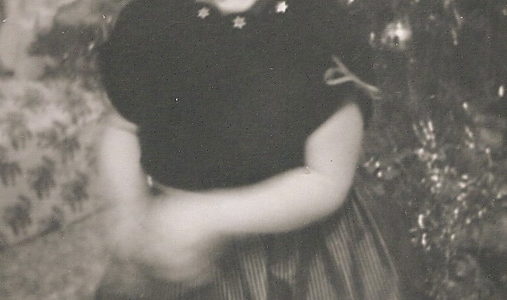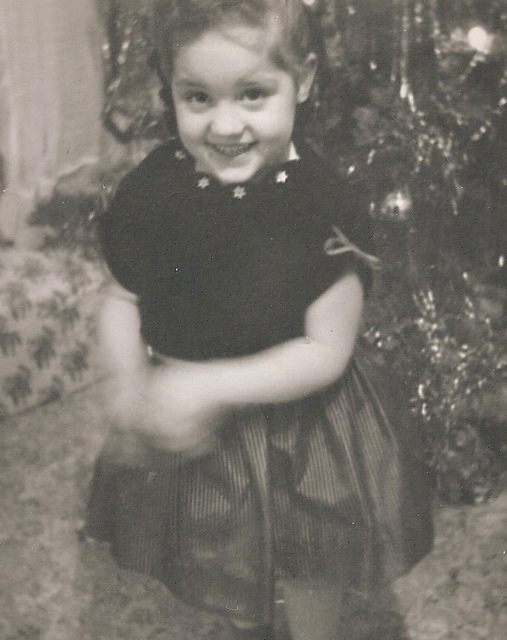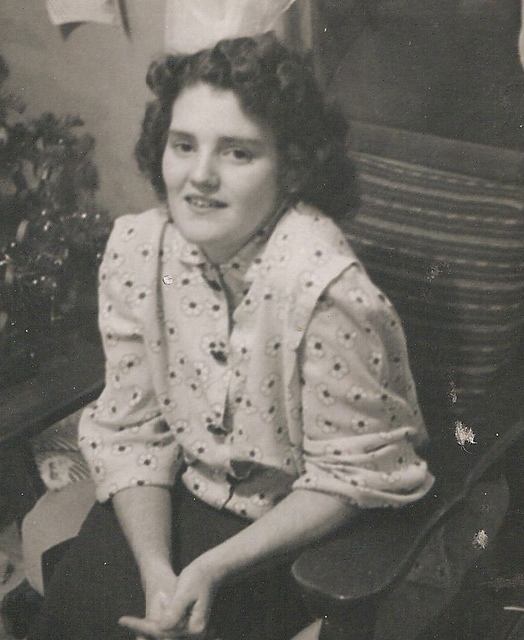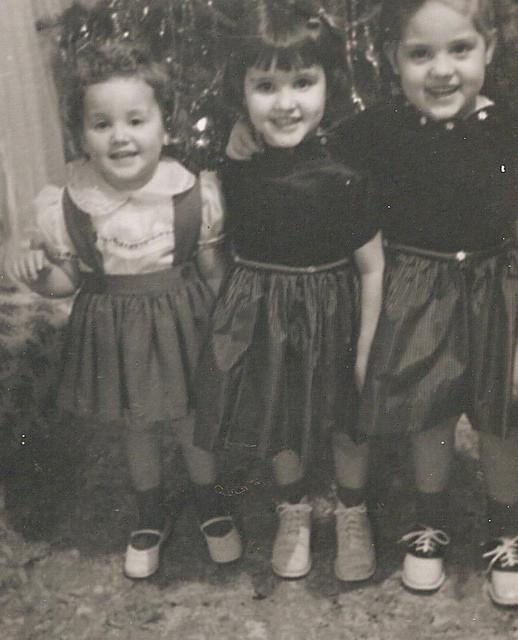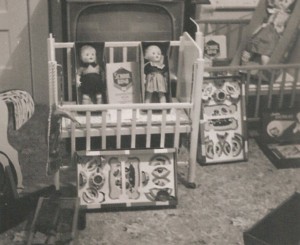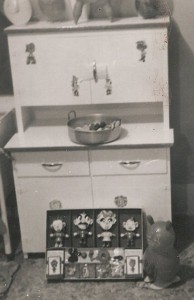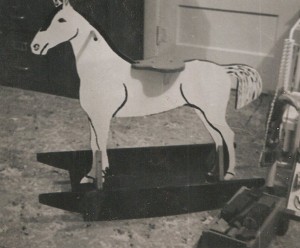 In 2011
In 2011
I asked some fathers and grandfathers to share some of their feelings and experiences about fatherhood. My friend Darrell Hendriksen shared this story with me. I think this is where many busy fathers find themselves and it will be instructive. After all, parenting is about being present despite our busy-ness. Here is his story:
My wife and I own an older home that we have been remodeling one room at a time. A few years ago, in early spring, we decided that it was time to remodel the long-neglected front porch. Knowing that I would only be able to work on it during the warm months, I planned to work on it every Saturday from sunup to sundown, trying to beat the deadline of autumn weather.
As a father of three, I have always tried to be conscious of and involved with spending quality time with my children. To this end, I determined that to complete the porch by autumn I would need to devote each Saturday in its entirety to remodeling work, which would allow me to dedicate weekday evenings to my children.
As the weeks passed and the project dragged on, I became increasingly concerned that I wasn’t going to get the job done before the summer ended. If the porch wasn’t painted in time, the wet and cold winter was going to cause extensive damage to the newly installed wood porch. Notwithstanding my supposed balance between home remodeler and devoted father, I found myself more and more answering my sons’ requests for my attention with, “Not now, son- I’m really busy”, or “I will as soon as I’m finished nailing these planks”.
I remember going to bed very late one Saturday night, having once again missed our nightly family ritual of brushing teeth, reading a bedtime book, reading scriptures, singing, praying together, and tucking the children into bed with kisses and hugs. This nightly ritual had long since become a cornerstone in our family traditions, and I felt awful that I had missed it again. In my mind’s eye, I saw them with sad expressions on their faces, asking my wife, “Where’s Dad”? This, coupled with my increased frequency of choosing work over my sons, had me downright depressed.
I felt like an absent father, and the last thing I wanted was for my children to have even a hint of a feeling that they wished I was with them more. They are the most important thing in my life. I knew it, but I didn’t know if they knew it.
I could have said “I’m doing this work for you” all I wanted, but if they didn’t feel like I was available for them, all my work would’ve been meaningless. What good is a fancy remodeled house if all it’s good for is a place for a disconnected family to eat and sleep? A house is a house no matter how old the carpet or the color of the paint. What I wanted was a home- the kind that comes from absolute family unity and love. As ‘head of the home’, I knew it had to start with me.
That very minute I committed that my new rule was to never be “too busy”. Whenever my children come and ask me to read them a book or push them on the swing, or whatever– I say, “Yes”! When I put down what I’m doing right then and there, I immediately let them know by my actions that they can approach me. When we’re finished, I invite them now, to come and help me.
Regardless of age or capacity, there are four distinct fruits of this conscious effort to be more present in my children’s lives:
• My children know that they are paramount in my life
• I now have a direct opportunity to teach my children how to play and work
• My children and I, and therefore the entire family, are closer to each other
• Spending time with my children is FUN!!
When I ask my children to help me with a work project, they react as though I told them we were going to Disneyland. They are so excited to spend time with me- they love just being around me. But rather than simply being in close physical proximity to each other, parents must take advantage of these opportunities to consciously engage with their children. We need to ask them about things happening in their lives, that are important to them. We need to take the time to teach them about the world around them. These are the moments that combine to form a child’s character. The word parent is a noun, but too often we fail to seize the opportunity to use it as a verb- actively rearing them by loving, guiding, teaching, and showing them the way.
I don’t believe my children had really regarded me as ‘too busy’ but I had been, and that was enough to cause a problem. This feeling has long since dissolved, and I now revel in the opportunity to genuinely rear them, not just provide a place for them to live. Initially, I feared that my remodeling progress would slow, but it hasn’t. In fact, it has increased because my children are a bit older now and are confidently learning these skills for themselves.
It is so important that we consciously schedule time with our children, just as we would any other appointment or meeting. If we want our children to know we love them, we must show them by giving them our time and affection. We must also tell them we love them. Life is full of things to do, but our children deserve more than to be regarded as a task or burden. Since our children are our most important responsibility, let them be at the heart of our lives.
Let us regard everything we need to do in life as an opportunity and a venue for accomplishing this, the most important position in our lives- that of a parent. If you want to know what they’re thinking- ask them. If you want them to become something- teach them.
Do not assume they know you love them- tell them. Show them.
Darrell Hendriksen lives in Salt Lake City with his wife Heather and their three boys. He enjoys running, hiking, camping, gardening, making music, and doing handyman work- none of which would mean much without his wonderful family by his side.



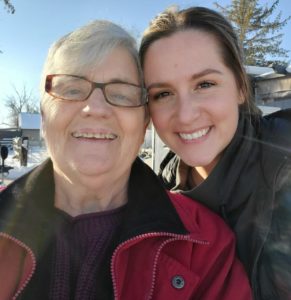 Kate Houston
Kate Houston Marie Henry
Marie Henry Jenny Johnson
Jenny Johnson Jodie Palmer
Jodie Palmer

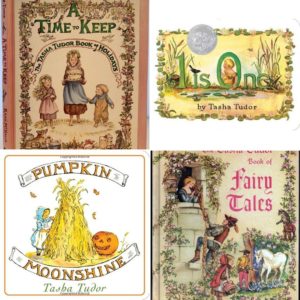 education classes, and the schools. Tasha Tudor was an author of children’s books, an illustrator, and an artist who is as beloved today as she was in her time. I have read many of her books to my children.
education classes, and the schools. Tasha Tudor was an author of children’s books, an illustrator, and an artist who is as beloved today as she was in her time. I have read many of her books to my children.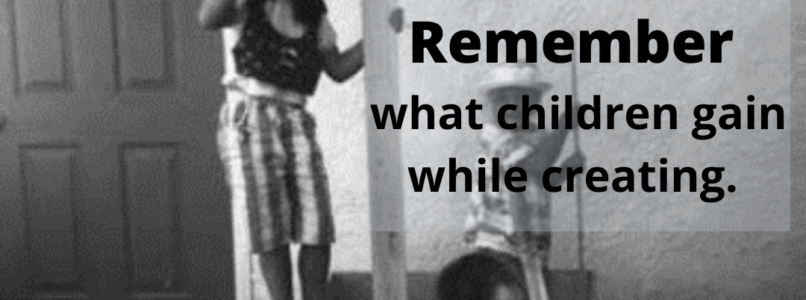
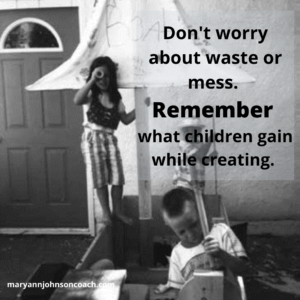 A mother asked me how I handled it when my children wanted to make something that I knew wouldn’t be used after it was created. How did I feel about the waste of resources and the mess that would be left? That is a great question. In fact, this same question comes up often when I am working with moms, and I have put some thought into it and decided that an even better question would be:
A mother asked me how I handled it when my children wanted to make something that I knew wouldn’t be used after it was created. How did I feel about the waste of resources and the mess that would be left? That is a great question. In fact, this same question comes up often when I am working with moms, and I have put some thought into it and decided that an even better question would be: paper roll tubes, and tons of glue, expensive ‘real sticky glue’ as he called it. It turned out spectacularly, but it didn’t have any use. It was too big and not sturdy enough to hang on a wall. It lay on the concrete at the bottom of the back steps to be admired by the whole family until it rained. Then all the pieces were gathered up by an adult and taken to the dump.
paper roll tubes, and tons of glue, expensive ‘real sticky glue’ as he called it. It turned out spectacularly, but it didn’t have any use. It was too big and not sturdy enough to hang on a wall. It lay on the concrete at the bottom of the back steps to be admired by the whole family until it rained. Then all the pieces were gathered up by an adult and taken to the dump. I love working with moms.
I love working with moms.
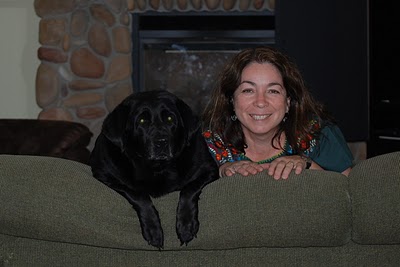
 I knew a BIG black dog named Majestic. He belonged to my friend Cathy. I am sure that in his prime, he was majestic. But when I knew him, he was far along in age and had begun to slow down…a lot! His hips hurt, and his eyesight had gone.
I knew a BIG black dog named Majestic. He belonged to my friend Cathy. I am sure that in his prime, he was majestic. But when I knew him, he was far along in age and had begun to slow down…a lot! His hips hurt, and his eyesight had gone.
 I want to share a remarkable experience and a dear friend with you. I got an email from Livia Pewtress asking me to take a test online to see my mindset quotient. I don’t do much of this type of thing anymore, as full-time caregiving doesn’t leave much space in my life. So, I almost hit delete but had a feeling I should take the test.
I want to share a remarkable experience and a dear friend with you. I got an email from Livia Pewtress asking me to take a test online to see my mindset quotient. I don’t do much of this type of thing anymore, as full-time caregiving doesn’t leave much space in my life. So, I almost hit delete but had a feeling I should take the test.
 I went to the grocery store very early in the morning. The day was cold, 18 degrees, so I put on gloves. In the store, I realized I couldn’t open the produce bags with gloves on and stuffed them in my pocket.
I went to the grocery store very early in the morning. The day was cold, 18 degrees, so I put on gloves. In the store, I realized I couldn’t open the produce bags with gloves on and stuffed them in my pocket.